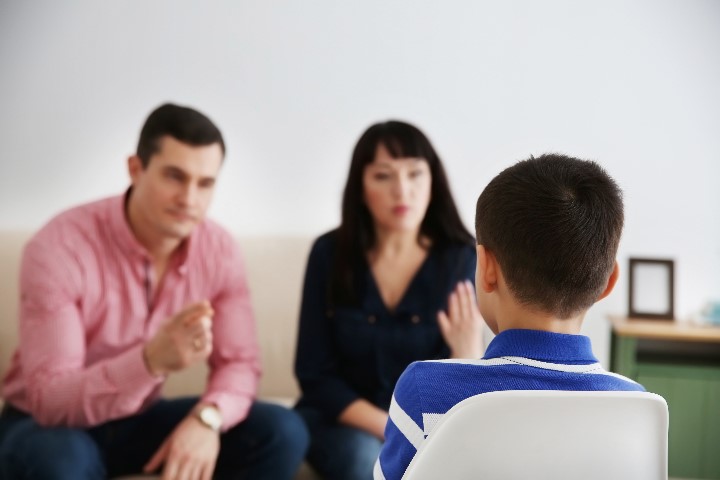Pennsylvania state Rep. Frank Burns thinks parents should be held responsible for how their children behave in school, and he’s introducing legislation to impose a framework of increasing penalties for parents of students who bully their classmates.


Pennsylvania state Rep. Frank Burns thinks parents should be held responsible for how their children behave in school, and he’s introducing legislation to impose a framework of increasing penalties for parents of students who bully their classmates.
“Parental accountability is a big factor in bullying,” Burns told The Washington Post. “A lot of parents refuse to believe that their son or daughter is bullying people. They want to believe their kid is great and would not do such a thing.”
Burn’s bill would change that dynamic by requiring school officials to notify parents each time their child bullies another student. Parents would receive a warning and administrators would be required to take some form of action after a first offense.
A second offense would require parents to take parenting class, and a third bullying incident involving the same child would trigger a hearing in which a judge would determine if there’s enough evidence to levy a $500 fine, according to the news site.
Parents would then face a $750 fine for each bullying incident after a third offense.
The Pennsylvania legislation, which would also include cyberbullying, among a package of three bills Burns is proposing to curb bullying in schools.
According to the Post:
One proposal would have the Department of Education create a system that would allow people to report bullying anonymously. It would also penalize educators, either by some type of disciplinary action or suspension, if they fail to report a bullying incident. The other would require schools to track and report incidents of bullying to create real-time data, according to his office.
Statistics from a School Crime Supplement to the National Crime Victimization Survey show that while millions of students are bullied in school every year, incidents of physical and verbal assaults, as well as use of “hate-related words” is on the decline.
In the light of the ongoing crisis of school shootings, stopping bullying has a heightened urgency. Effective approaches to stop bullying within schools is discussed in the Institute for Advanced Studies in Culture’s new book on moral education, The Content of Their Character. This book illustrates how some alternative schools have developed effective ways of eliminating bullying from their school experience. A coherent moral environment serves to reshape the attitudes and values of students. In the book one Montessori student expressed concern over some of the students who were joining the community. He said, “They’re not going to make it in this type of community because their morals aren’t the standard that it’s supposed to be. But, over time, you saw them grow and, over time, you saw maturity…. The community influence was really getting to them.” So while it is important to get parents involved and hold them accountable, researchers suggest that there are no substitutes for creating a robust school culture regardless of parental involvement.
“In 2007, some 31.7 percent of students ages 12 through 18 reported being bullied at school,” according to a U.S. Department of Education Data Point bulletin released in March. “In 2015, the percentage was 20.8 percent.”
Regardless, Burns’ push to punish parents for their child’s behavior at school certainly isn’t unique.
The Post points to North Tonawanda, a small city north of Buffalo, New York, where local officials passed a law in October that imposes a $250 fine or up to 15 days in jail on parents of students who violate curfew or bullying laws.
In Shawano, Wisconsin, parents face a $366 fine if they fail to correct their child’s bullying behavior after a first offense. A second offense comes with a $681 fine, according to the news site.
For information about addressing bullying within a school culture see https://www.duckbrand.com/promotions/sticktogether.